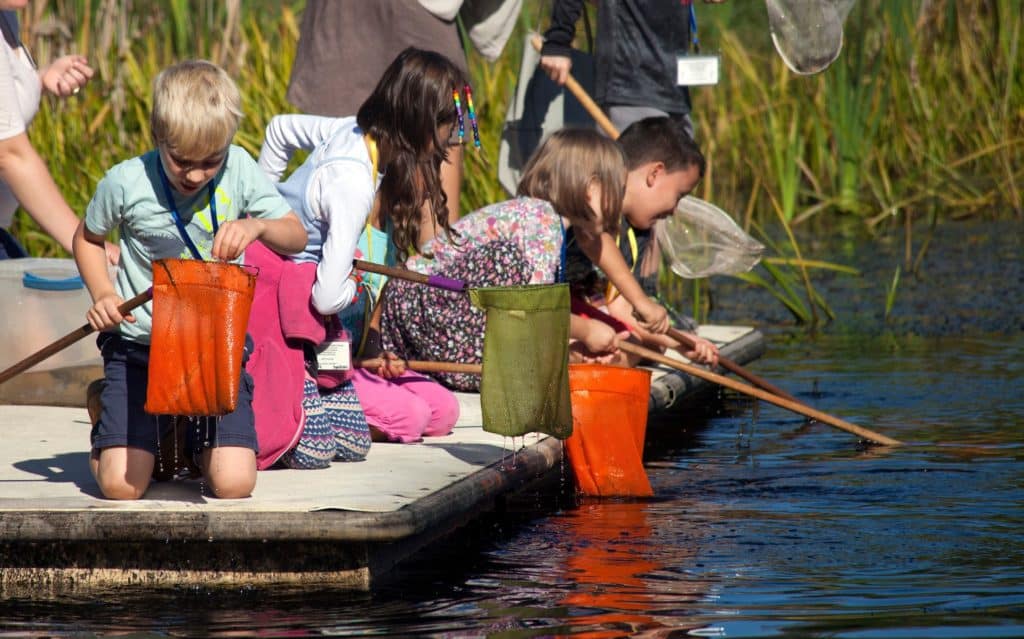
Maine’s climate is changing rapidly, and our best chance to mitigate or prevent harm in the future is to act decisively now. That means reducing greenhouse gases, transitioning to a clean energy climate, and preparing our children for the future. A bill moving forward in the legislature, LD 1902, would address the latter point and give Maine teachers the tools they need to help students understand and act in a changing world.
Sponsored by Rep. Lydia Blume, LD 1902 is one of Maine Audubon’s top priorities for this session. On February 1, the Education and Cultural Affairs Committee voted 8-4 in support of the climate education bill. The next step is a vote on the floor.
The bill funds climate education professional development for teachers and partnerships between schools and community organizations. It directly addresses the need for equitable access to climate change education, as the state moves forward into strong leadership on climate change and a new green economy.
We wanted to address some specific questions we’ve heard about how LD 1902 works:
Is this bill a mandate to teach climate change? No. It is an opportunity for schools to access professional development training for teachers to fully implement Next Generation Science Standards (NGSS). In a 2019 census of Maine educators, teachers voiced climate education professional development as their top need. This bill would provide resources to help schools sift through the complex interdisciplinary concepts, find all the right hands-on projects and materials, then design curriculum to match reading, math, arts, history, science/engineering or other interdisciplinary standards.
How can we assure fairness in access to grants? LD 1902 would provide funds directly to schools and prioritize those historically underserved by climate science education. Schools could choose to partner with community organizations as part of localizing climate change education programs, and there are dozens of community partners available to provide such support: at least ten in each county. Community partnerships are a proven model to enable low-resource districts to tap into competitive funding sources. Districts can pay their community partners for services, but also for their own administrative costs, teacher stipends, classroom costs, or whatever other needs are covered by the grant.
Is this pilot program what Maine educators want? Overwhelmingly, yes. At a hearing in front of the Education and Cultural Affairs Committee on Jan. 25, 93 people submitted testimony in favor of the bill, including representatives from the Maine Science Teachers Association, the Maine Public Health Association, the Maine Association of School Nurses, the University of Maine Cooperative Extension, the Maine Environmental Education Association, along with teachers, students, parents, environmental organizations, legislators and many others. No one spoke in opposition. The bill was voted Ought to Pass out of the Education and Cultural Affairs Committee.
Will we be taking money away from other educational needs? No. LD 1902 would draw money from a general fund, so the funds would not be drawn out of the existing education budget, but added to it. This was a valid concern raised by the Maine Curriculum Leaders Association (MCLA) and MPA, but fortunately this bill will only increase the funds going toward education.
This broad showing of support for LD 1902 shows how important it is to start climate education now. This bill is a small step in the right direction to pilot how to develop equitable programming for all districts in Maine. LD 1902 is therefore a crucial investment in the future of Maine, and we encourage all residents to support its passage through letters to your legislators.
